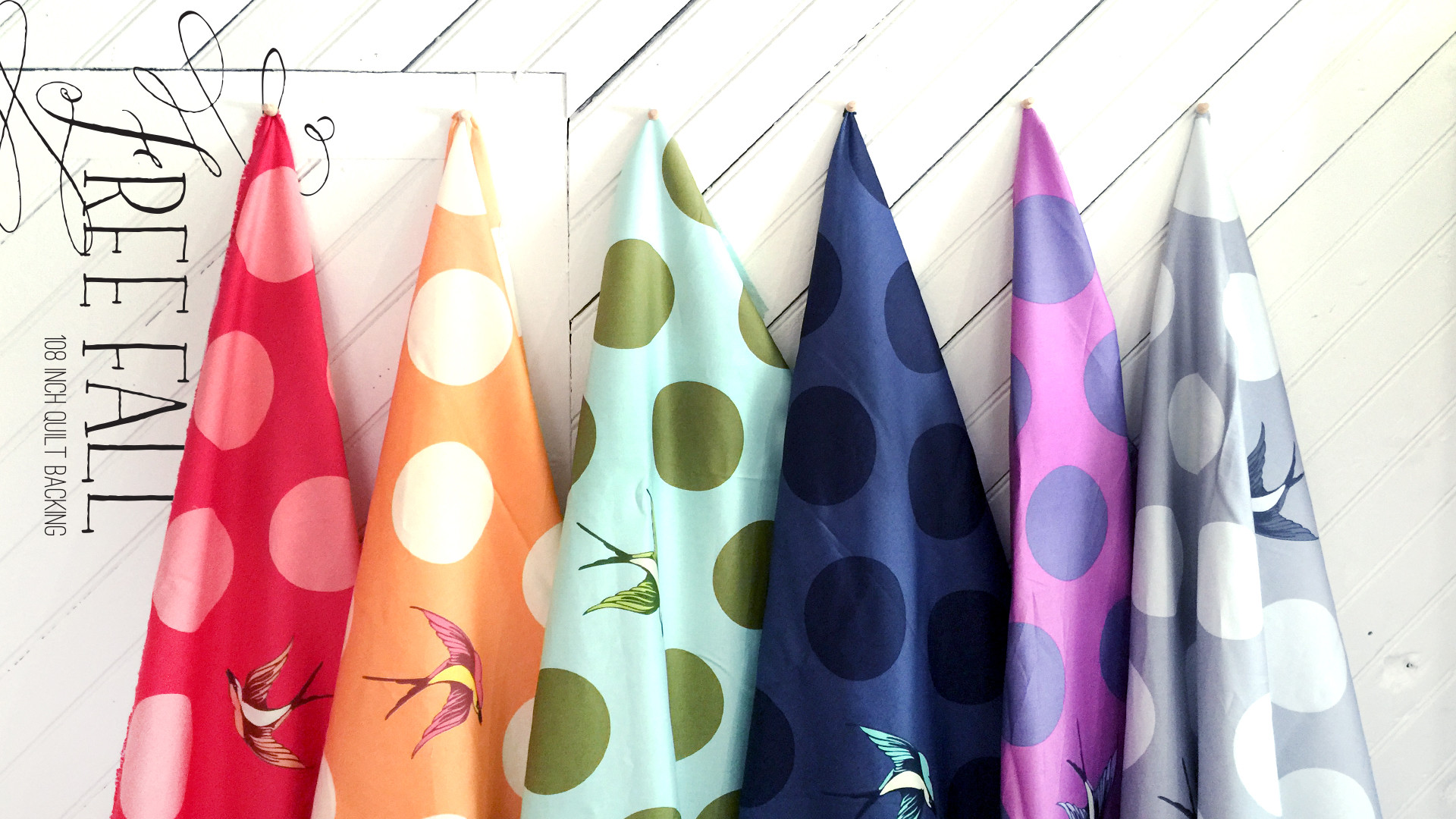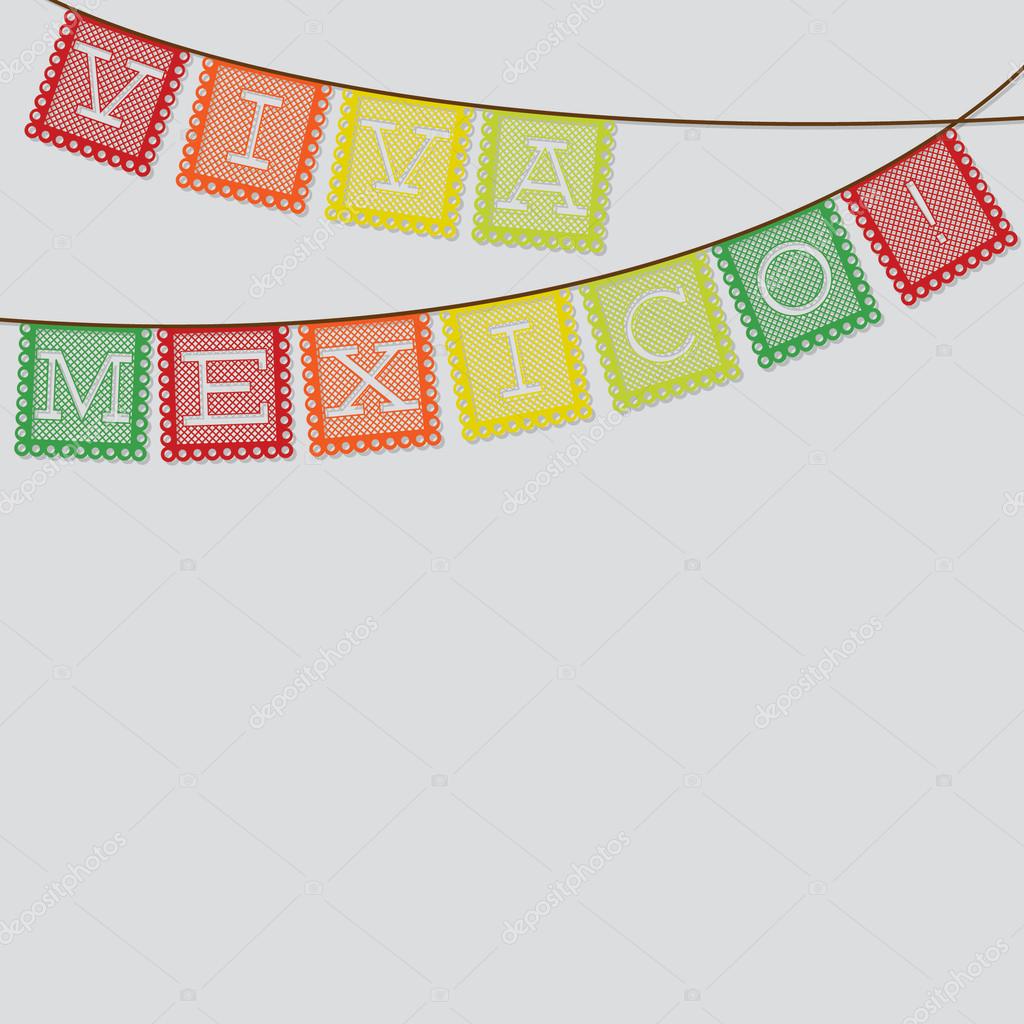
You've found the right place if you're looking to make spring crafts for adults. There are also instructions for Speckled mason containers, paper bag pinatas as well as personalized key chains. It's one of the most beautiful seasons of the year so make sure to have some crafting fun. Spring can be celebrated in many ways, including decorating your home and making gifts for loved ones.
Paper bag pinatas
Paper bag pinatas are a great craft idea for kids' birthdays. These are a lot easier to open than traditional pinatas. These will require some basic supplies. You'll need newspaper lunch bags, tissue, and magazine paper. To make decorations, you can use any extra paper that is available. After you have everything organized, hang the pinata on the wall.

Paper bird garland
Easy and fun to make spring cheer with a simple paper bird. This craft can be used with any number of materials including cardstock, scissors and patterned papers. One reader shared how she created a garland as a gift for her baby shower, and invited guests who were interested to write their wishes onto it. The finished product hangs beautifully in the nursery.
Personalized key chain
Personalized key chains are a great way personalize your life. There are many options for color and styles. Some keychains can be colorful and embellished, while others have a more traditional western look. A personalized keychain with your name and letters can also be made. Depending on what you prefer, different colors can be combined to create a rainbow. And you can also add a personalized message on the back of the keychain.
Speckled mason jars
Mason jars can be used to create beautiful chandeliers. These crafts are easy to make and affordable. It takes only a few simple tools and a few light bulbs to create a chandelier. This craft makes an excellent decoration for spring weddings, or even to celebrate an anniversary.

Paper rosette
You can make a paper roseette if you are looking for easy crafts that require little time. Paper rosettes make stunning decorations and can be displayed on walls. These spring crafts can be made by even the youngest crafter. I've featured this craft in a recent craft room tour, and I think you'll love it, too! To create one for yourself, check out the instructions below.
FAQ
What does a hobby cost?
A hobby costs nothing but time. But it could take years to achieve what you want if you are serious about it.
However, there is something that can help. It's called passion'. Passion will help you put in the effort to succeed.
It is possible to become addicted once you begin putting in the work. Here is the fun part! Because you are enjoying what you are doing and are constantly improving. This will mean that you will have likely made significant improvements by the end.
So don't worry too much about how long it takes. Don't be afraid to try. You may be surprised!
What are some hobbies that would suit introverts?
Introverts have the ability to focus on one thing at a time. They prefer solitude, such as reading, writing music, or watching movies.
They enjoy being alone and spending time alone. They do not like to socialize all day. They can even become bored when they're surrounded by people.
Introverts may choose to do hobbies that are more alone-oriented. For example, they may enjoy reading books, listening to music, taking photographs, painting, writing poetry, etc.
Many introverts choose to live alone. They are able to concentrate on their hobby while not being distracted by other activities.
Can I make money from my hobby?
You can make extra money by taking up hobbies.
If you're passionate enough about your hobby, you may decide to sell items related to it.
If you are a stamp collector, you might want to start a website that sells rare stamps.
This way, you can earn extra income without having to go through the hassle of actually buying and selling the stamps.
You could also create a YouTube channel to talk about your hobby.
This allows you to share what is important to you with others, and possibly generate additional revenue through premium content.
What are observation hobbies?
Observation hobbies allow you to observe others doing the same thing. These hobbies could include reading books, watching sports, or going on vacation. You might also enjoy observing other people.
You can learn creativity through observation hobbies. This knowledge can be used later to help you with projects that you are working on for others or yourself.
You will discover that learning is easier when you are interested.
For example, if you want to know more about football, you may watch a game or read a book about it. To learn more about photography, it is possible to visit and take photos.
You could also buy a guitar or play along online to music if you are a musician.
You could also choose to cook at home or go to restaurants if you are a good cook.
If gardening interests you, you could plant vegetables or flowers.
If dancing is something you enjoy, join a dance class.
You can paint pictures if your passion is painting.
Writing poetry or stories is a passion if you are a writer.
You can draw pictures if your passion is drawing.
If you're passionate about animals you might consider working at a Zoo or looking after their pets.
If science is your passion, you might choose to study biology or chemistry.
History lovers can watch films, read books or listen to podcasts.
You could explore the world or travel to places you love if you are a lover of traveling.
What are your educational hobbies?
A hobby that teaches you something is called an educational hobby. You could choose to learn how to play an instrument or play sports.
The most important thing is that you find it enjoyable and entertaining. While you don't need to do it every day, if bored you might consider other activities.
Also, you need to be careful not to spend too much on these activities. They can end up costing more than you think.
What are collection hobbies?
The most popular collections are books, movies, music, comics, video games, sports equipment, toys, etc.
Also, you can collect anything: stamps, coin to cars, dolls to action figure to model kit to figurines to art materials to tools to cook utensils and jewelry to watches to jewellery to appliances to clothes to furniture or antiques to...
I think you get the point.
Statistics
- The intensity of the dialogue partners' bond at the end of the forty-five-minute vulnerability interaction was rated as closer than the closest relationship in the lives of 30 percent of similar students. (time.com)
- Studies show that just six minutes of reading can reduce stress levels by 60 percent. (oberlo.com)
- I am 100% biologically a woman (discover.hubpages.com)
- In comparison, men in the “no humor” condition were refused 84.6% of the time and were only accepted 15.4% of the time. (time.com)
- Almost 80% of people claim to have no hobby. (hobbylark.com)
External Links
How To
How to learn a music instrument
There are many options for learning how to play the piano. You could attend a school, read a book, get lessons from someone who plays a musical instrument, or look at videos online. If you are determined to learn on your own, these tips and tricks might be helpful.
-
Find something that interests your interest. You don't have to like every instrument you see. If you don't like playing an instrument, it would be difficult to learn how to play it.
-
Be patient. It takes time to learn anything new. Expect to not be able master all things immediately. Instead, keep practicing every day.
-
Keep practicing regularly. Even when you feel tired, continue practicing. This will ensure you don't forget what lessons you have just learned.
-
Find a quiet place to practice. A quiet room where you won't disturb anyone else is ideal. It is important to keep the room clear of distractions. You should avoid loud music being played near you.
-
Have fun. Music is meant to be enjoyed. Have fun with your practice. Being happy will inspire you to keep practicing.
-
Set goals. Setting goals will help you to know exactly what your goal is. There is no excuse for failure.
-
Keep track of your progress. List all of your successes as well as your failures. It will help you become a better person over time.
-
Take breaks. Sometimes, you will just need to stop for a while. You will be able to take breaks and think about the things you are doing.
-
Ask questions. Ask others if there are any doubts or questions regarding the instrument. They may be willing to help.
-
Listening is the best way to learn. Musicians often listen to music they like and try to imitate it. This allows them to grasp the basic concepts of the song.
-
Read books. Lessons learned from books are more valuable than videos and classes. Books often contain information you can't find elsewhere.
-
Join a band. Playing with other people will make you more practice. Plus, you will meet people who share similar interests as yours.
-
Watch tutorials. Tutorials are short videos which explain many topics in great detail. These videos often focus on one aspect or part of the instrument. Tutorials can be helpful in understanding difficult parts of an instrument.
-
Try different methods. Some people learn best by reading, while others prefer lectures. You can experiment until you discover what works for you.
-
Practice makes perfect. You don't become an expert overnight. You must work hard to become proficient enough to do well.
-
Begin a group of musicians. Listening to others play your favorite songs can help speed up learning.